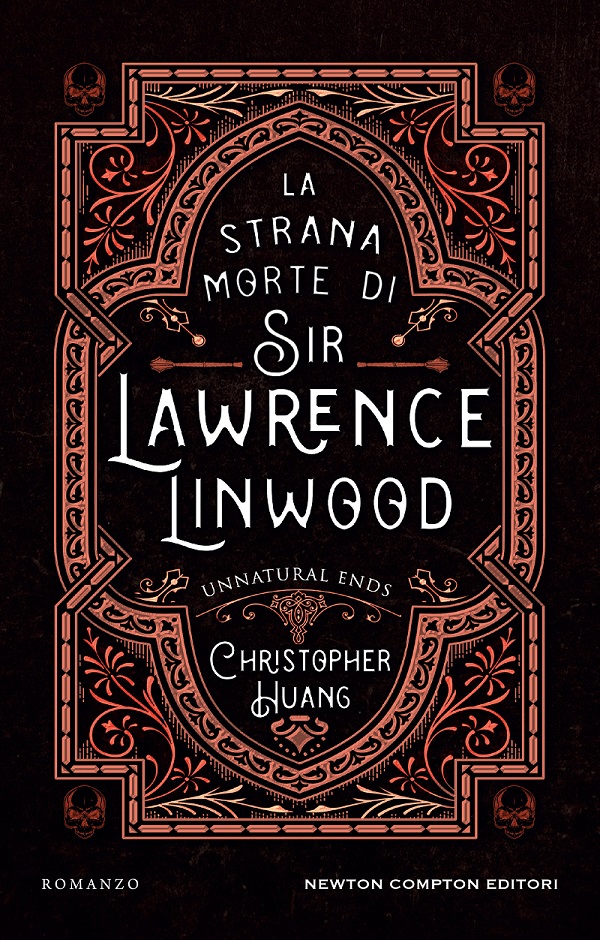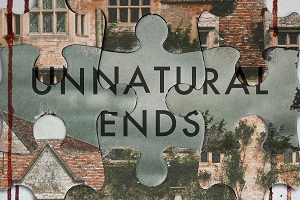
I’m rather fond of Agatha Christie’s short story, “The King of Clubs”, which centres around a glamorous dancer stumbling into the midst of an ordinary middle-class English family after witnessing a murder. It’s great. Go read it. The family’s name is Oglander, and the lawyer in Unnatural Ends was named James Oglander as an homage to this story.
But what I want to talk about here is something so prosaic that it normally flies under the radar of literary discussion, and that’s the family setup we’re presented with. The “ordinary middle-class” Oglanders consist of a married couple and their two adult children (a son and a daughter) living under the same roof; both father and son work, while mother and daughter stay home. They also have a maid. It’s impressed on the reader that this is all very ordinary and typical. Doubtless, the kids would have left home when they married, or if circumstances drew them elsewhere, but it wasn’t expected of them. To leave or not to leave, both are not so much “socially acceptable” as socially unremarkable.
Expectations are different now. Today, the adult children would assuredly not be living at home. Daughter would also be working. There would be no maid, though there might be other modern expenses to take her place. In 1923 when the story was first published, this was a family drawing two salaries while paying for one residence. Today, it would be a family drawing three salaries while paying for three residences.
I suspect that expectations changed because of western prosperity in the years following WW2. It enabled young people to leave the house not because their work demanded it or because they were starting a new family, but simply because they could. Moving out became a rite of adulthood, with the implication that one who still lived with their parents was not a proper adult.
Now, however, I’m seeing on social media that it has become increasingly difficult to leave the family home. Earning power has not kept up with inflation or the cost of housing. Are more young people today remaining at home with their parents as a result? Perhaps, like young Oglander, saving up their pay cheques and establishing their careers first? If not, they probably should. I rather get the impression that the new financial reality is less a matter of “things getting harder” and more a matter of “things returning to normal despite expectations born of an abnormally prosperous era.”







